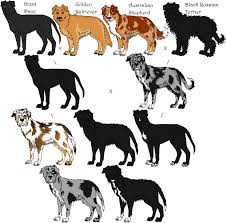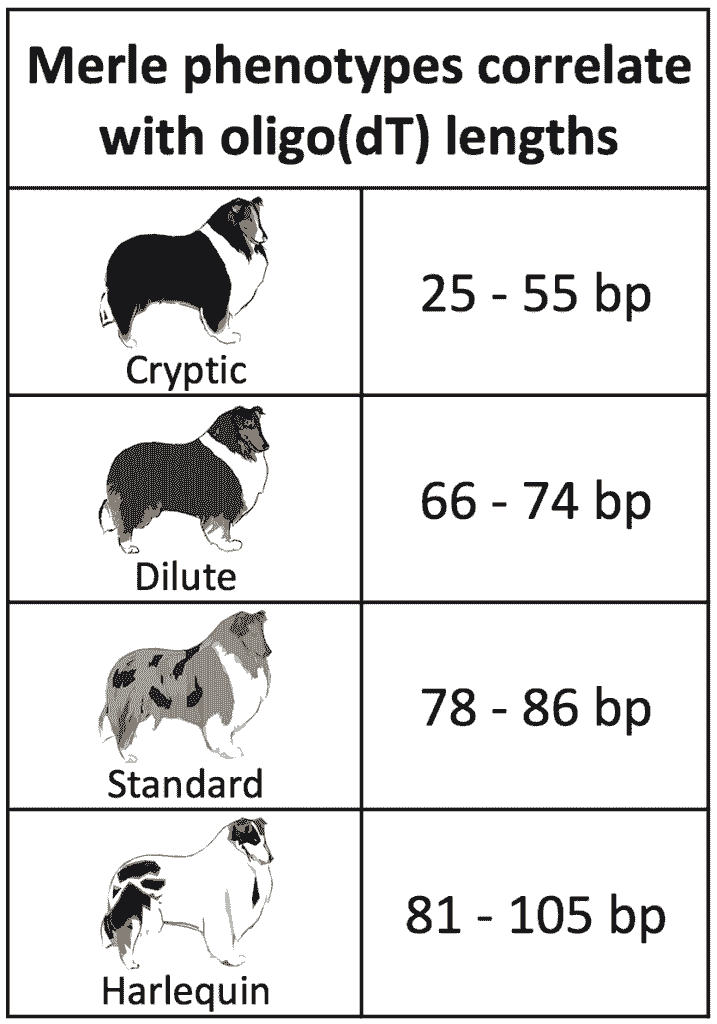Introduction
Breeding Merle Poodles is an interesting activity that involves the elegance of the Poodle breed and the uniqueness and striking appearance of the Merle coat pattern. It is very important to understand the intricacies involved in this breeding process for the production of healthy, well-adjusted puppies while maintaining ethical considerations.

1. Understanding the Merle Gene
The Merle gene causes the unique coat pattern of a Merle Poodle: patches and swirls of color. Understanding how this gene works is crucial for good breeding.
2. Characteristics of Merle Poodles
2.1.1 Coat Colors and Patterns
The Merle Poodles also come in a different coat color, such as blue, red, and chocolate; they follow the typical mottled patterns. The patterns may differ from dog to dog.
2.1.2 Size Variations
Poodles come in three sizes: standard, miniature, and toy. Merle Poodles can be found in all three sizes, having different looks and personalities for each size.
2.2.1 Temperament Overview
Merle Poodles mostly inherit the friendly, social nature of the Poodle. They are extremely loving and very good to their families.
2.2.2 Intelligence and Trainability
Because it is known that they’re quite intelligent, Merle Poodles are very easily trainable. The early times in their life, more particularly the early socialization and education are very vital for turning out to be good people as adults.

3. The Breeding Process
3.1.1 Selecting Merle and Non-Merle Partners
The appropriate mating of mates should be chosen. Breeding a Merle Poodle to a solid-colored Poodle may reduce the problems that could be associated with double Merle genes
3.1.2 Health Testing for Breeding Dogs
The parents should be tested for genetically caused disorders before breeding to ensure healthy puppies
3.2.1 Understanding the Estrus Cycle
It is important to identify the estrous cycle of a female Poodle to successfully time breeding.
3.2.2 Artificial Insemination vs. Natural Breeding
There are artificial insemination and natural breeding which breeders must choose, each with its advantages and disadvantages.
4. Whelping and Raising Merle Poodle Puppies
4.1.1 Setting Up a Whelping Area
A calm and quiet whelping area reduces stress to the mother and her puppies at whelping.
4.1.2 Supplies Needed for Whelping
There should be whelping boxes, heating pads, and veterinary supplies available in case of a safe whelping.
4.2.1 Nutrition and Feeding Guidelines
Newborn puppies have special requirements for nutrition to promote healthy growth, including appropriate nursing from their mother.
4.2.2 Socialization and Early Training
Socialization is earlier and produces well-adjusted friendly adult dogs.
5. Health Considerations for Merle Poodles
5.1.1 Deafness and Vision Problems
Deafness/ blindness can really pose some significant health complications with the Merle Poodle especially when bred very irresponsible.
5.1.2 Genetic Disorders in Poodles
Poodles are susceptible to a variety of genetic diseases. Knowledge of these, along with regular checks, reduces the chances of encountering them.
5.2.1 Vaccinations and Vet Visits
Vaccination and regular visitation by a veterinarian help ensure immunity from diseases and good health of breeding animals and puppies.
5.2.2 Regular Health Checks
Regular checking on breeding animals will determine their state of health while keeping off hereditary faults.
6. Ethical Considerations in Breeding
6.2.1 Avoiding Overbreeding
Ethical breeders have the understanding of not engaging in overbreeding whereby every dog is given ample opportunity at healthy and normal life.
6.2.2 Ensuring Puppy Welfare
Welfare of puppies must be top priority; therefore, adequate puppy socialization and care before pups are taken to their homes is a must..
7. Legal and Registration Aspects
Knowing breed standards enables breeders to maintain the integrity of the breed in breeding Merle Poodles .
Registering Merle Poodles with Kennel Clubs
Registration of puppies with kennel clubs gives credibility to the breeding practices and assures the buyers.
8. Marketing and Selling Merle Poodle Puppies
8.2.1 Screening Potential Owners
Evaluation of the Potential Owner
Evaluating the potential owner is the process that ensures the puppies go to good responsible and caring homes
8.2.2 Contracts and Guarantees
A written contract helps the breeder and the new owner to define their respective roles and expectations.
It is also a protective document.
9. Community and Resources
Breeding Clubs and Associations
Membership in breeding clubs could also offer the avenue of networking and use of useful resources.
9.2 Accessing Online Resources and Forums
Forums online provide an opportunity for sharing experiences and information obtained from other breeders.
Conclusion
Breeding Merle Poodles requires a certain amount of knowledge and commitment as well as an ethical responsibility. Understanding from the breeders the genetics, characteristics, and needs of such dogs can benefit the development of the breed and ensure the health and happiness of their puppies


Pingback: breed red poodle with merle australian shepherd : Info - Merle Poodle
Pingback: blue merle with red poodle : Info Overview History & Pictures - Merle Poodle